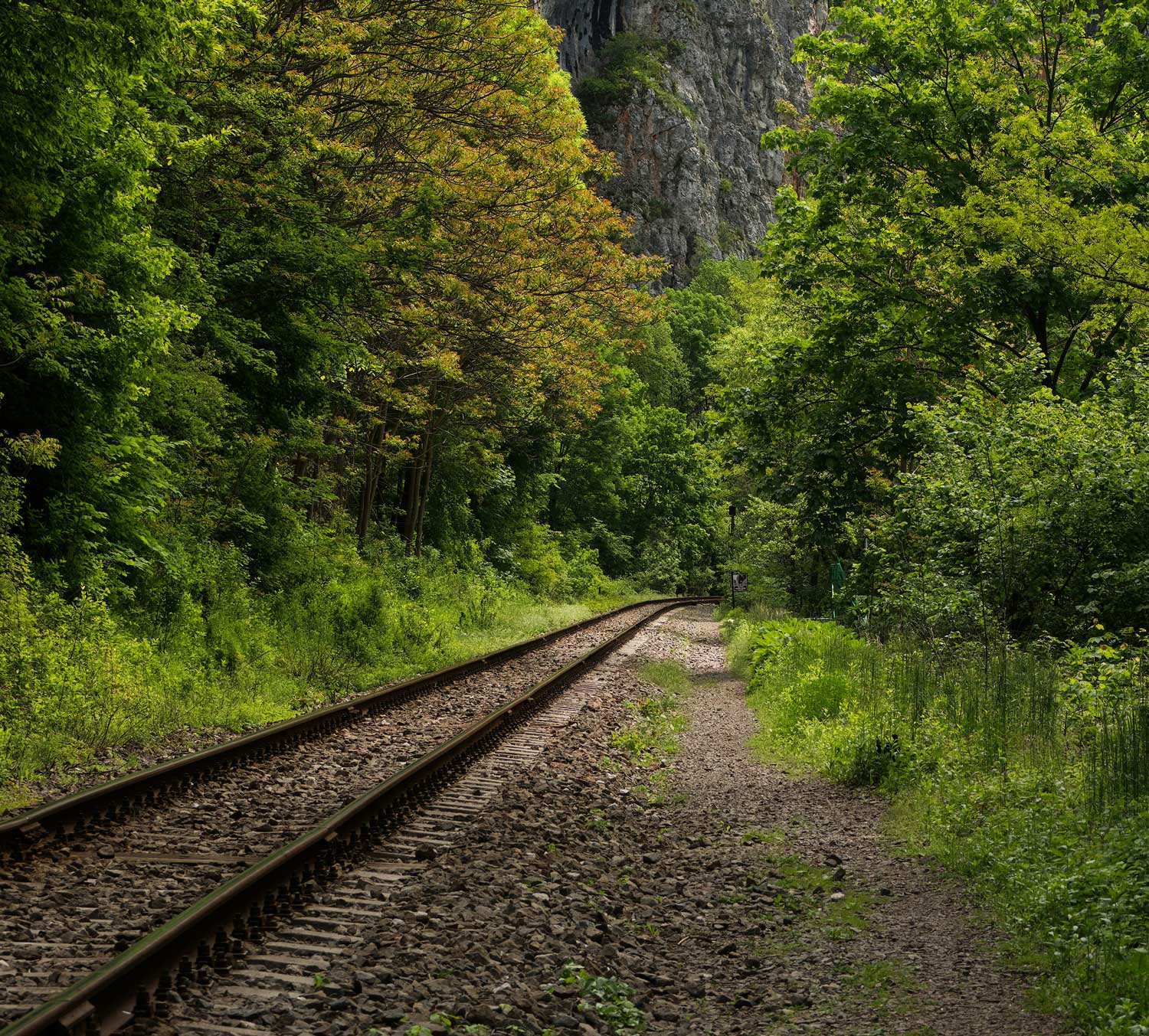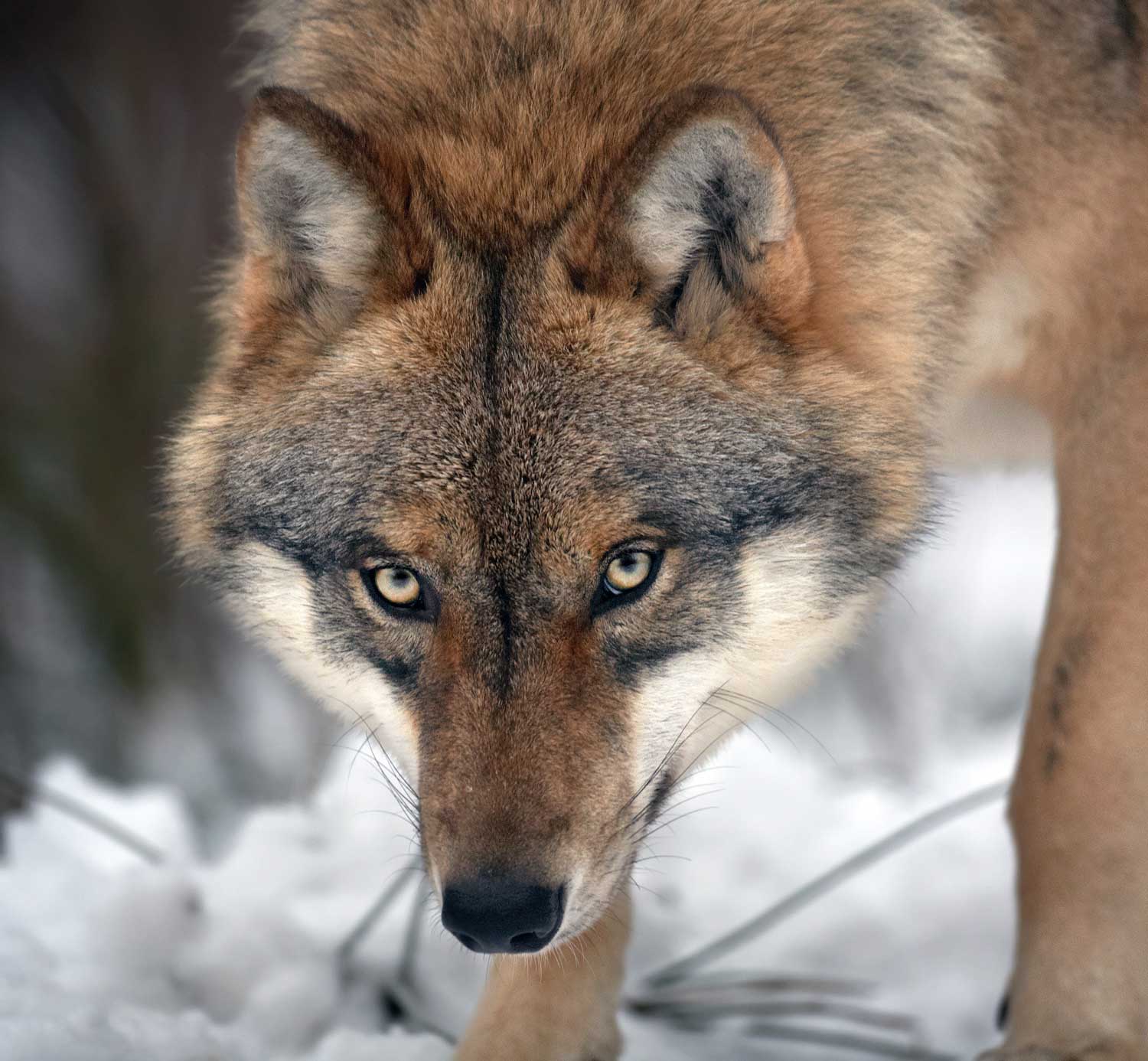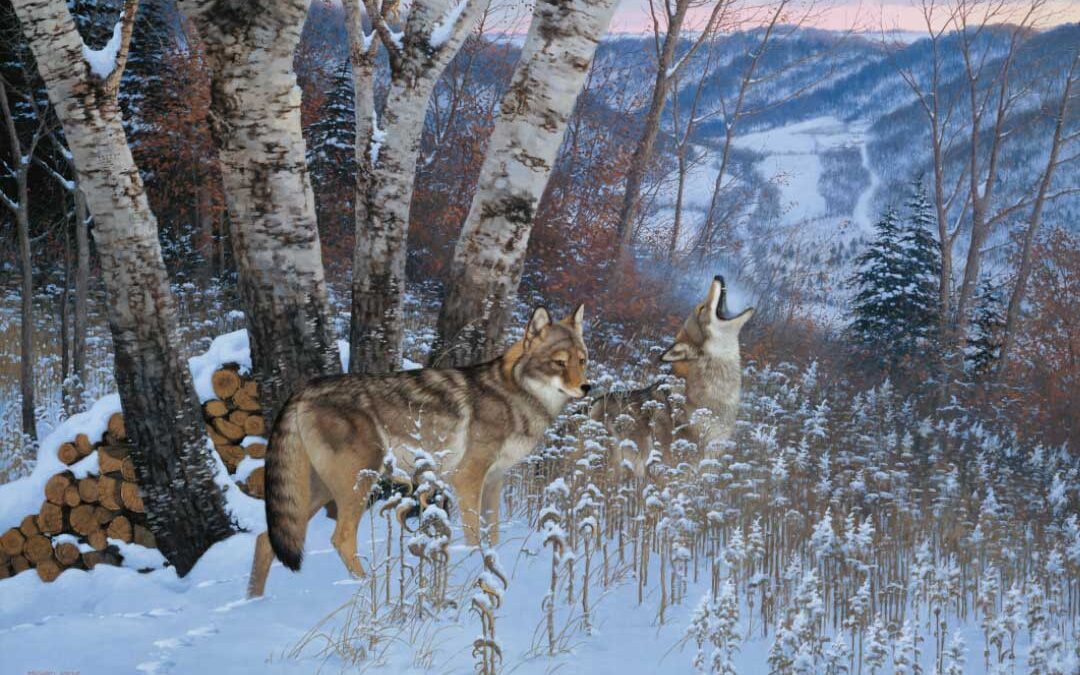It was the last day of deer season. Dalton had not hunted all year and he questioned the point of going when the alarm sounded. Yet his wife rousted him from bed.
“Go. It’s what your dad would have wanted,” she said.
Dalton’s father had died the week before. A man who fought stomach cancer for more than a year before his death, his stoicism serving as inspiration to those around him.
“It’s never over until you quit,” his father had always said.
Two hours later, Dalton turned onto a dirt farm road and crossed into an expanse of flat bottomland acreage. He parked beside a creek snaking through the land where he and his dad had hunted deer over the decades.
A distant train horn blew.

The railroad tracks lay a mile to the north, following geological contours separating the bottomland from the folded foothills of the Appalachian Mountains. Ancient maples and walnut trees filled the void between tracks and creek. South of the creek, fertile fields extended to the Pauwau River—fields filled with remnants of corn and soybeans to be gleaned by deer during winter’s lean months—deer that often bedded among the bottomland hardwoods, or in the edge cover beside the creek. Memories of past hunts arose and a welling of tears followed, for Dalton could not shake the hollowness of his loss.
In time, Dalton left the truck and still-hunted along the southern bank. After two days of rain, the air remained damp and cold and the wet earth sucked at his boots. Puddles rimmed with ice lay beneath a gray sunless sky. At lunch he sat at a fallen tree, the skeletal structure a reminder of past winter furies. He decided to hunt another hour before working his way back to the truck.
The thought of warmth stirred more memories, times when he and his dad sat in the truck in the dark after a hunt, waiting for coyote choruses to begin.
“Just like in a Western movie,” his dad always said.
Although the coyotes had been nonexistent during his father’s younger days, over the years the opportunistic predators had become regular denizens of the land. Animals whose abilities to survive ensured their continued existence.
A sudden chill prodded Dalton and he continued his hunt.
A half-hour later, a doe slid down the northern bank and tested the air at water’s edge. A young buck materialized from nowhere and together the deer crossed the shallow stream and climbed up the muddy southern side. The buck’s head rose and fell as he followed the doe into a maze of wind-fallen trees.
Dalton raised the rifle. A dangling thread hinted of favorable air currents. He slipped the safety off and aligned the iron sights, waiting for a clear shot like his father had taught so many years ago.
“This one’s for you, Dad,” he whispered.
The shot broke the silence and the buck stumbled forward and slid beneath overlapping trees. Dalton let out a whoop and chambered another round and headed for the deer. A sizeable tree lay between him and the buck and Dalton weighed his options for retrieving the animal. He could crawl underneath the trunk—and get soaked in the process—or thread his way around the backside and plough through tangled fallen canopies. Instead, he awkwardly climbed onto the tree, rifle in hand. He stood swaying a moment, proud of his prowess.
The bark slipped loose from the tree.
One foot slid into space while the other plunged into a fork dividing the trunk. The stub of a broken branch dug into his leg as his ankle snapped and his mind went blank.
When Dalton regained consciousness he lay shivering on the ground. When he attempted to move, a searing pain shot through his leg. Although he tried to ignore the pain, his eyesight narrowed into tunnel vision and he fought against fainting. When he managed to sit upright, fear welled, for his foot lay at an odd angle, the boot collar rimmed with blood. An irregular shape bulged beneath the pants cuff. Despite the cold, Dalton broke out in a clammy sweat.
He expected to find broken bone when he pulled back the pant leg, then gasped at the sight of splintered wood protruding from the backside of his leg. A rounded ridge of skin disappeared under his calf muscle. His first instinct was to withdraw the wood, yet he knew from first aid training he might bleed to death. With effort he tied a bandanna around the wound to slow the bleeding.
He cursed and pounded his fist against the sodden ground.
Thoughts of his wife and daughters arose as he fumbled for his phone but he left the cell phone in the truck so he could hunt undisturbed. In time he crawled underneath the tree, dragging his rifle behind him, stopping often to avoid fainting. Beyond the tree he attempted to stand, the pain intensifying until tunnel vision returned. Despair struck.
Then he heard his father’s words.
It’s never over until you quit.
Dalton screamed in pain as he rose and slumped against the trunk. He would have to splint the ankle. Maybe make a crutch to support his weight. But a limb would only sink into the mud and be hard to withdraw again. He turned his attention to the rifle. Removing the shells he set the butt on the ground and held the stock along his leg.
“This could work.” He found his words oddly comforting.
Dalton rummaged through his pockets. One harbored a half-empty container of water, a folding knife and a grunt call. The other contained extra shells and a hunting license. There were no matches. However, inside the license cover lay a worn boot lace for removing turkeys from the woods—a trick his father had taught him as a kid.
“Tie the lace around the base of the turkey’s neck and wrap the string around a stout stick,” his father had said. “That way, you can carry the bird by your side and the wings won’t flop—plus you can drop the turkey if another shot arises.”
“Another shot? How about three, Dad?”
He made sure the barrel was clear, then reloaded and fired three quick shots.
Far away, crows cawed.
Dalton hollered for help, then reloaded and fired three more times. The woods remained silent as he stuffed the remaining two shells in a pocket.
“It’s your own damn fault—you idiot! You knew better than to climb onto that tree!” This time his words offered no comfort.
Dalton figured he had two options. Three, if he counted death. The truck was probably two miles behind him, whereas the train tracks lay maybe half that distance to the north. Yet neither option seemed plausible with a broken ankle and the winter night fast approaching.
He opted for the tracks. Surely a train would stop to help.
With the knife he notched the lower edge of the gun stock to help secure a binding, then stripped the lace from the bloodied boot already tight against his swollen foot. He loosely secured the gun by wrapping his belt several times around his leg, then slid bark and sticks between the stock and his pants. Cinching the belt tight, he screamed in pain. After tying the strings in place, the rifle canted awkwardly along his leg as he gripped the cold steel of the barrel and took a tenuous step. An electric-like shock surged through his brain and his eyesight clouded.
“I can’t do this!”
He envisioned his wife and two young daughters mourning his death—like they had grieved for his father the week before. Another funeral wreath would be sent by the investment firm where he worked. But he could not—would not—let his girls lose their father! He would not let them undergo the same anguish he felt about his own dad’s death. Not at their age—an age when they needed his guidance to survive a cruel world—an age still full of innocence.
He grasped the barrel and headed for the creek, wincing with each step taken. Whenever his vision constricted, or the throbbing pain became unbearable, he rested against an upright tree. He rested many such times. Dalton sat hard on the creek bank, then leaned and vomited. Eventually he waded across the skinny stream, hoping the cold water might help numb the pain. It did not. Dalton struggled up the opposite bank, shivering, his fingers numb and aching, pants soaked and caked in mud. He was already tired. He considered a quick nap, yet he knew if he slept he might never awaken. If blood loss or shock didn’t kill him—hypothermia surely would.
The clouds began to break and the settling sun shone faintly across the gloomy land. Dalton’s spirits lifted and he took the clearing to be a sign. Then he frowned, for a clear sky would surely mean a colder night with temperatures plunging well below freezing.
So much for signs, he thought.
Dalton inched his way through the old-growth woods, his pain keeping him awake and focused. He altered course many times to avoid fallen trees and limbs, following deer trails whenever they headed toward the railroad. Several deer jumped from beds and sprinted out of sight.
“Next year,” he said.
A raccoon sat framed within a hollow cavity overhead, the animal carefully monitoring the man’s progress. A hawk circled. When Dalton’s foot finally became numb he worried about circulation. Worried about doctors amputating the foot, or worse. He forced the idea from his mind and tried hard to keep the thought at bay.
“Walk or die—you don’t have any other choices.”
His voice trembled and he thought of his family again.
“I will not die!”
At dusk he spotted movement and called out for help. There was no response and he suspected his mind to be playing tricks on him.
Two coyotes slunk across the man’s back trail, their noses close to the ground.
Dalton’s pulse quickened.
“Has anyone ever been attacked by coyotes before?” His words came out as a whisper.

He soon found a short section of branch and tucked it under his arm. Although the coyotes kept their distance, their numbers continued growing, the woods now eerie in the fading light. Man and beasts trodding on, each keeping a wary eye on the other. When the full moon rose in the east, Dalton counted five, maybe six. It was hard to tell as the animals moved through shadows, crisscrossing behind him.
He staggered onward, sometimes stumbling or cursing his plight as unseen twigs slapped and stung his face. When he sat on a rotted log to rest, he wondered if he could ever stand again.
The coyotes sat, too, patiently waiting beneath the star-filled heavens. Collectively breathing like smoke, yellow eyes glistening in the moon light. The largest coyote, fur nearly black, drew closer.
Dalton remembered the remaining two shells. “But what good are they against the whole pack?”
The coyote stopped and stared.
Dalton finished the rest of the water and threw the container at the animal. The plastic fluttered to the ground. He threw the shells and the grunt call.
The coyotes scattered, only to regroup like a tight-knit family.
Dalton closed his eyes to better picture his own family, imagining his wife waiting for his return, curious about the day’s hunt. His thoughts soon turned to his daughters, both still in elementary school, the girls confused about growing up without a father. But then again, maybe his wife would remarry.
“No one’s gonna raise my babies but me!”
Dalton’s head snapped forward and he awoke, confused by his surroundings. Yet pain quickly brought him back to reality.
It’s never over until you quit.
He pushed himself up with the club and unsteadily plodded forward—the pain now like an old friend; a reliable source he could depend upon, like the cold. His teeth chattered he was so cold. A distant train horn blew. A rumbling of steel soon passed in the night, faint light flickering among trees before vanishing like a ghost in the dark.
“I’m here,” he shouted! “Don’t leave!”
Exhausted, he stumbled and fell. The pain became unbearable and tears flowed, his shoulders shaking as he sobbed on the frozen ground.
The dark coyote snuck in and grabbed the man’s bloodied leg, the animal ripping and tearing through the pants.
Dalton shrieked and fumbled for the club and swung wildly.
The coyote yelped and retreated. Two more coyotes emerged from the darkness to join the pack.
Dalton struggled to stand, a rivulet of fresh blood trickling onto his boot, sweat budding along his forehead as he lumbered through the night. The hours ticked away. When the moon hung overhead, the train tracks came into view. An hour later he sat on the rocky embankment, giddy in his accomplishment.
The coyotes surged closer as if sensing a new opportunity, noses pressed against the man’s bloodied footprints.
Dalton pushed and clawed his way up the gravel slope, slipping and sliding until his strength failed and his progress faltered. He was very tired and his breathing came hard. He needed a rest. He wanted to sleep so badly.

A tugging of his boot awakened Dalton and he cried out in horror and pain.
The dark coyote stood its ground, snarling and growling with teeth bared, hackles raised.
Dalton swung the club with both hands. He missed.
The coyote reluctantly retreated.
Dalton’s teeth chattered loudly while his body quivered, icy tear lines crackling on frozen cheeks. He could not remember ever being so cold.
The pack milled restlessly around the bottom of the embankment. One coyote snapped at another. A noisy fight ensued, each in turn whirling with gnashing teeth until the ruckus stopped as quickly as it started. One began to howl. Another soon followed suit, a cacophony of rising and falling notes filling the air.
Chills ran along Dalton’s spine. He thought to throw a rock, yet his fingers could not clutch the stone. The projectile thudded at his feet.
A faraway train horn sounded.
Hope resurfaced and Dalton summoned his strength to finish the ascent, dropping the club in his frantic efforts to reach the top. When the wooden ties were almost within reach, he thought he heard laugher.
The rumble of the train grew louder.
The dark coyote bounded up the embankment as if with renewed purpose, the pack lingering a moment before following single file.
Dalton remembered his knife.
The train light rounded the bend, illuminating all in its path.
Dalton thought to wave for help, but he could not lift his arm.
The coyotes then encircled Dalton.
Amid a steady hum of growls and rolling wheels against steel, the coyotes began closing in.
“I can’t quit…”

